Sri Lanka President, Gotabaya Rajapaksa on Tuesday, April 13, under a special notification, banned 11 Islamist organisations for their links to extremist activities in the country, according to an official announcement. The banned list also includes Islamic State (ISIS) and al-Qaeda.
The move came under the Prevention of Terrorism (temporary) Provisions Act.
According to the notification, any person who acts in contravention or conspires to act would be punishable with imprisonment over 10 to 20 years.
In 2019, as an aftermath of the Easter Sunday suicide bomb attack in the country, Sri Lanka had banned the local Jihadi group, National Thowheeth Jamaath (NTJ), and two others. NTJ was responsible for killing 270 people and injuring 500 others.
A special investigative commission appointed by former President Maithripala Sirisena in 2019 recommended a ban on Islamic extremist groups advocating radicalism.
The panel had found Sirisena and the then top security police brass culpable for failing to prevent the bombings despite the availability of prior intelligence on the impending attack.
Among the other banned radical groups are local Muslim groups including Sri Lanka Islamic Students Movement. However, extremists Buddhist groups have been excluded.


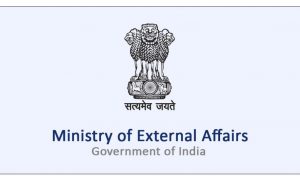





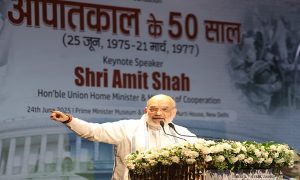



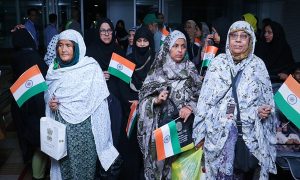

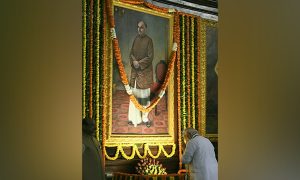

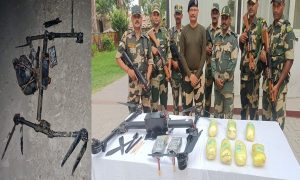

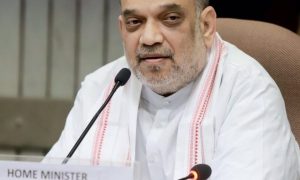



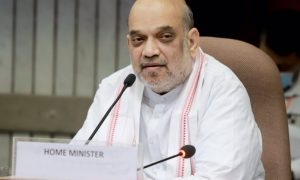

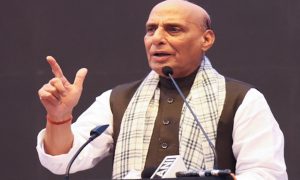



 WhatsApp us
WhatsApp us